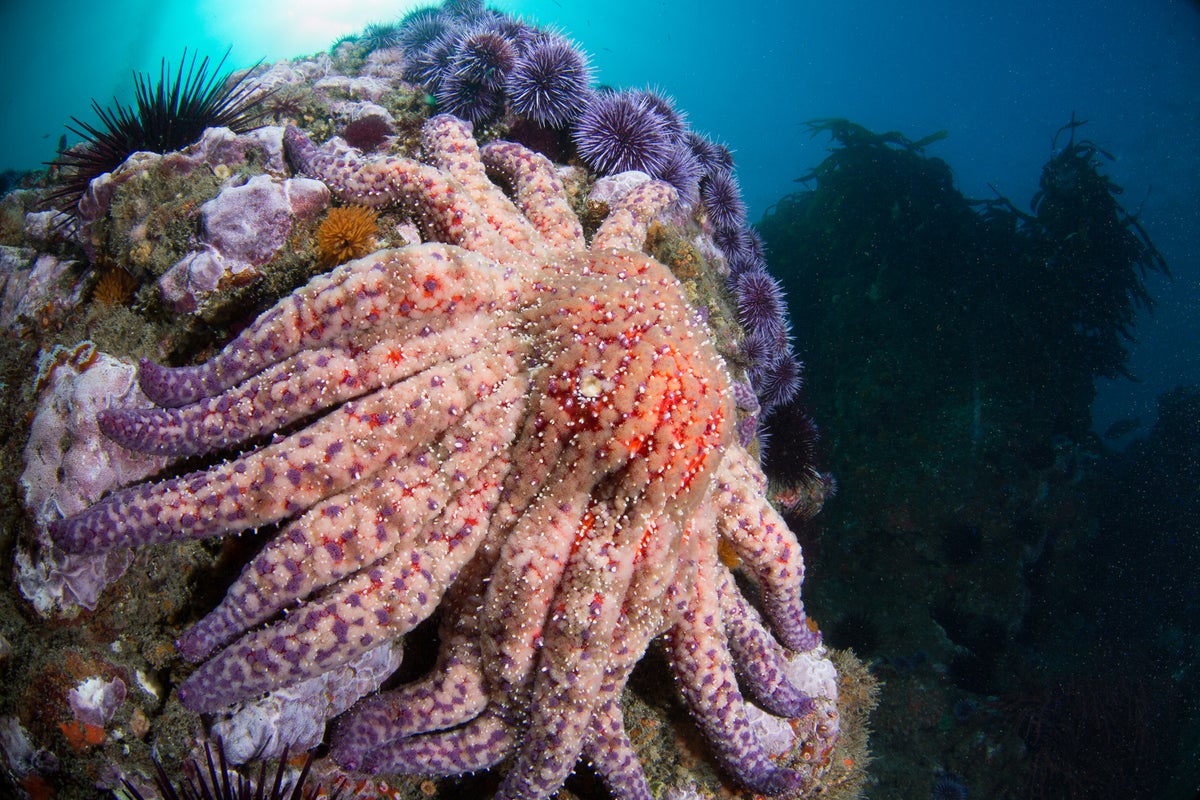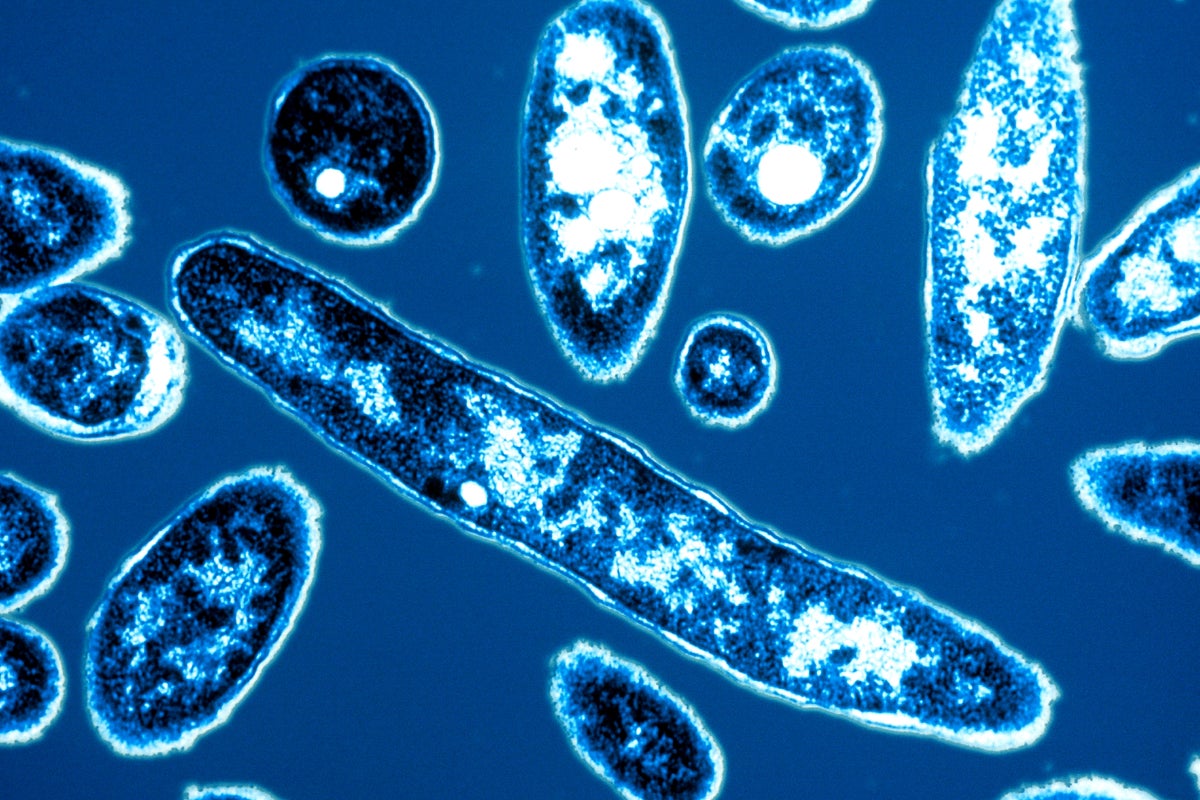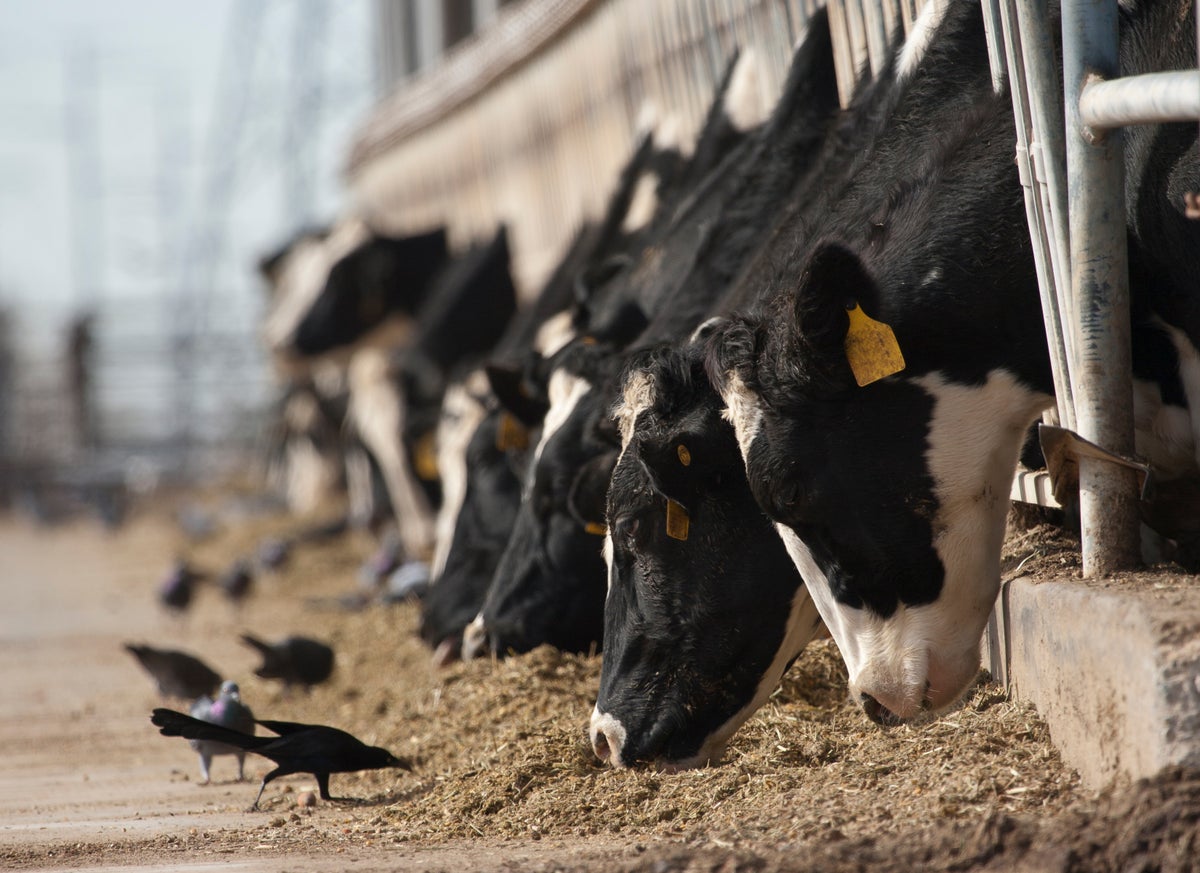Now Reading: Vibrio pectenicida Linked to Sea Star Wasting Disease Impacting Billions
-
01
Vibrio pectenicida Linked to Sea Star Wasting Disease Impacting Billions
Vibrio pectenicida Linked to Sea Star Wasting Disease Impacting Billions

Fast Summary
- A devastating illness known as sea star wasting disease (SSWD) has killed billions of sea stars along the Pacific Coast in the past decade, affecting over 20 species.
- Researchers identified the bacterium Vibrio pectenicida as the cause, concluding their study published in Nature ecology & Evolution.
- Approximately 90% of sunflower sea stars (Pycnopodia helianthoides) have succumbed to SSWD, making them critically endangered.
- Evidence suggests warmer ocean temperatures may exacerbate outbreaks; severe cases appear more frequent during late summer months in British Columbia.
- The loss of sunflower sea stars has led to surging populations of sea urchins, which decimate kelp forests-ecosystems crucial for carbon storage and marine biodiversity.
- Scientists conducted extensive genetic analysis and controlled experiments from 2021-2024 to validate Vibrio pectenicida as the pathogen, with high fatality rates recorded even at low bacterial exposure levels.
- Upcoming research aims to uncover whether other affected species are impacted by this exact pathogen and perhaps breed pathogen-resistant sea stars.
!seastarwithwastingdisease_sswd.jpg?m=1754418764.969&w=900″>Image: Wasted Sunflower Sea Star
Caption: A disintegrated sunflower sea star affected by SSWD on calvert Island,British Columbia.
Indian Opinion Analysis
India stands at a critical juncture regarding climate vigilance and biodiversity preservation-a lesson reinforced by this large-scale marine epidemic overseas.While geographically distant from India’s waters,parallels can be drawn regarding warming oceans’ potential impact on india’s coastal ecosystems like coral reefs and mangroves.
The findings also underscore how human-induced ecological imbalances can cascade through marine food webs; similar phenomena such as invasive species dynamics could strain India’s already vulnerable aquatic habitats like Sundarbans wetlands or Andaman kelp forests.
The study spotlights what global research collaboration can achieve when addressing complex ecosystem threats-a model Indian researchers could emulate for bolstering conservation science domestically while assessing local risks posed by rising temperatures or diseases affecting aquatic life integral to fisheries frameworks.

























